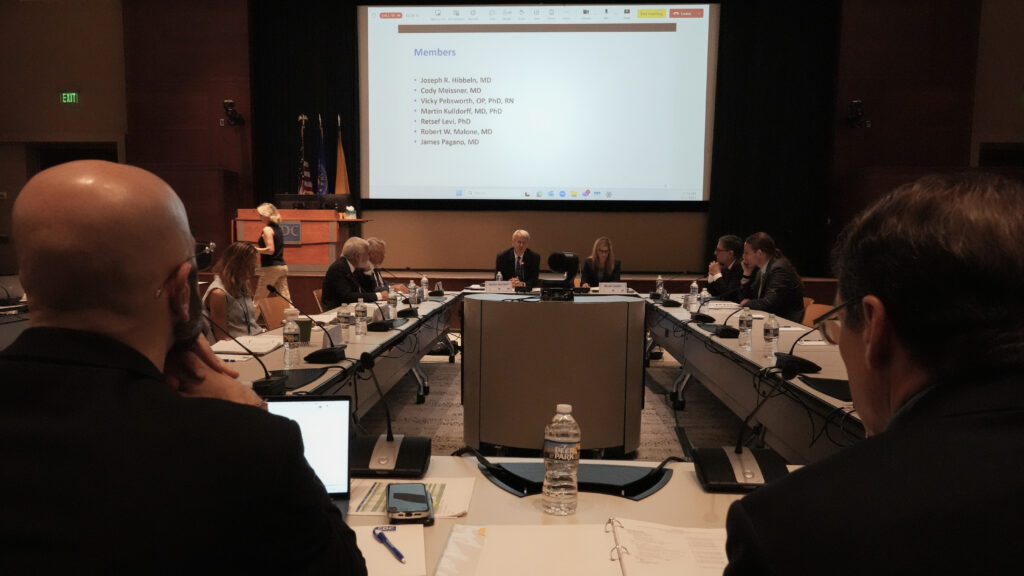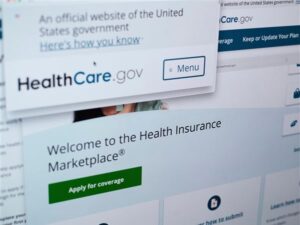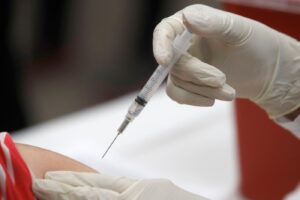
CDC participants listen to the speakers during a meeting of the Advisory Committee in Immunization Practices, Wednesday, June 25, 2025, in Atlanta. (AP Photo/Mike Stewart)
Robert F. Kennedy Jr. is set to announce new members of a vaccine advisory panel, a move that is drawing attention due to the controversial backgrounds of some selected individuals. The panel is intended to guide policy on vaccine safety and efficacy, particularly concerning messenger RNA (mRNA) vaccines used during the COVID-19 pandemic.
The selection process has sparked debate, particularly because at least three nominees have publicly questioned the safety of mRNA vaccines. This comes at a time when public confidence in vaccines has become a focal point in health discussions across the globe. Critics argue that the inclusion of these individuals could undermine the credibility of the panel and its recommendations.
Panel Composition and Implications
Kennedy’s decision reflects a broader shift in the conversation surrounding vaccines in the United States. As vaccine hesitancy remains a critical issue, the new panel aims to address concerns that many citizens have regarding vaccine safety. Among the proposed members, some have gained notoriety for their vocal opposition to mainstream vaccine science, raising questions about their ability to contribute to a balanced and fact-based dialogue.
The panel is expected to play a significant role in shaping health policy leading into January 2024, as the United States prepares for potential future vaccination campaigns. The implications of these appointments could resonate beyond American borders, influencing international perceptions of vaccine safety and public health measures.
Kennedy, who has long been an advocate for vaccine safety reform, expressed his intention to create a panel that reflects diverse perspectives. “We need voices that represent the full spectrum of opinions on vaccine safety,” he stated, emphasizing the importance of open dialogue in public health policy.
Public Response and Future Developments
The announcement has elicited a mixed response from the public and health professionals. Supporters of Kennedy argue that it is essential to include dissenting voices in discussions about vaccine safety, while opponents warn that such appointments could hinder efforts to combat misinformation.
As the new panel convenes, it will be crucial to monitor its recommendations and the potential impact on vaccination rates. With concerns about COVID-19 variants and overall vaccine uptake, the decisions made by this group could have far-reaching consequences for public health strategy in the United States and beyond.
Kennedy’s approach will likely continue to be scrutinized, as vaccine safety remains a contentious issue. The panel’s first meeting is expected to set the tone for future discussions, potentially shaping the landscape of vaccine policy in the coming years.






